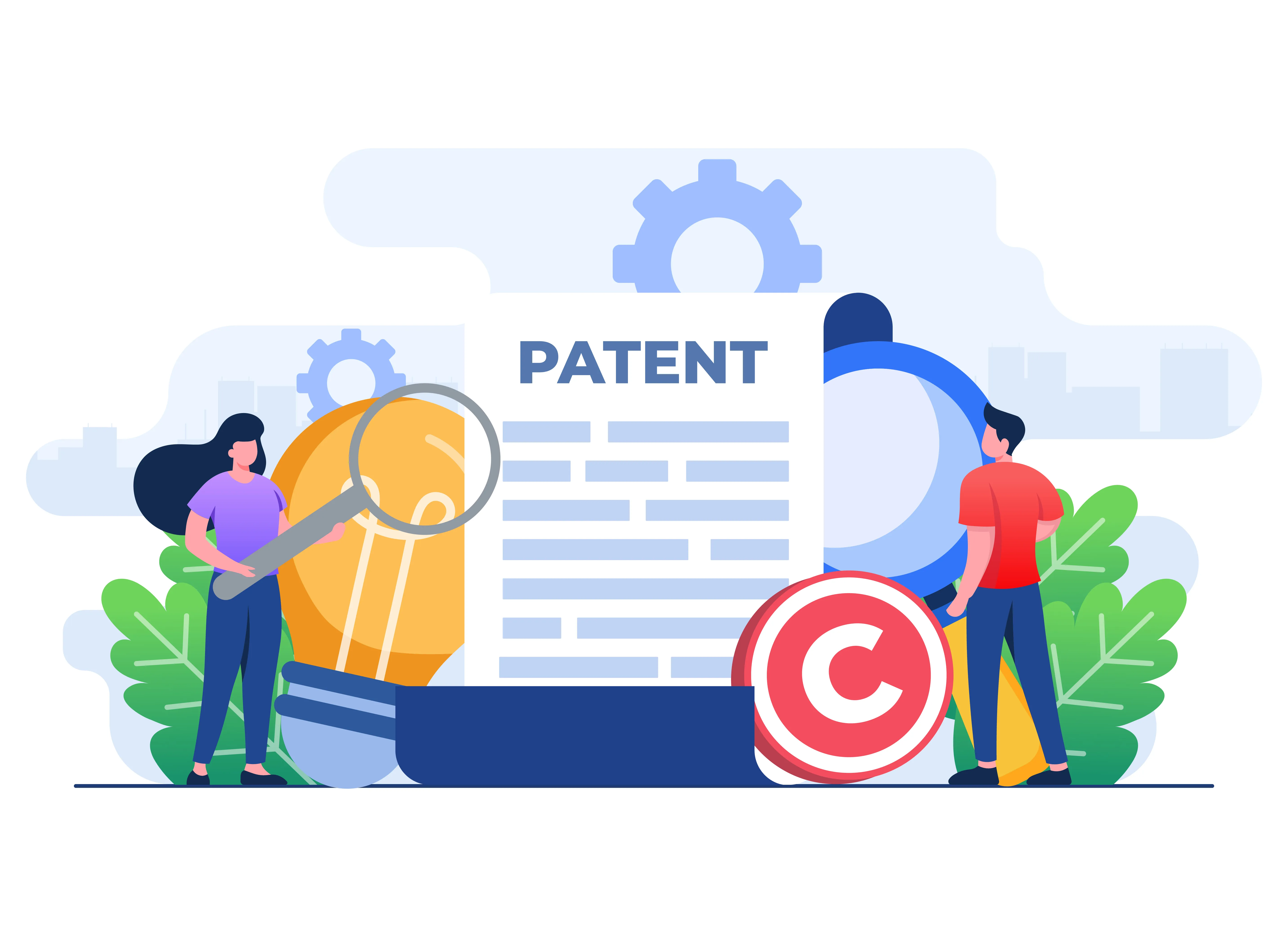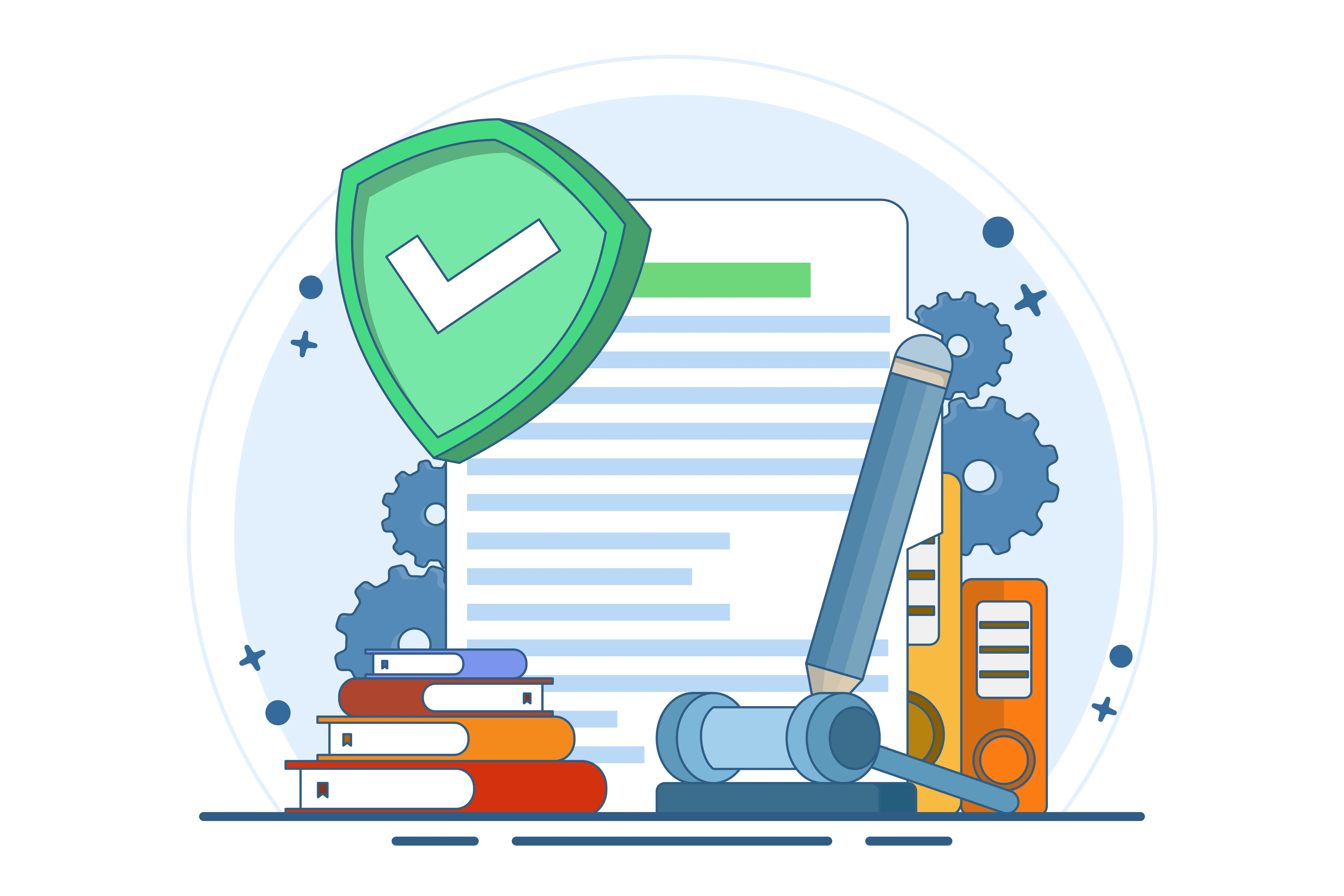One important way to make money off of intellectual property (IP) is through patent licensing. Patent holders can profit from transferring rights to others, and licensees can obtain important breakthroughs. The danger of patent infringement is one of the inherent hazards associated with patent licensing, though. Legal conflicts, expensive lawsuits, and financial losses can result from poorly handled licensing agreements. World BI is organizing Brand Protection Congress again this year where this topic is going to be discussed. We will explore the potential infringement risks in patent licensing, how to lessen them, as well as the finest ways to guarantee a legally sound contract.
Understanding Patent Infringement in Licensing
Patent Licensing is an act of or a process of granting, to a third party, permissions to extricate benefits by selling and using the licensed product. The patent owner gives license to a third person to use, sell and extract benefits from his patented invention, for an amount already decided as royalty.
- The licensor does not have clear ownership of the patent.
- The licensee exceeds the scope of the licensed rights.
- Third parties challenge the validity of the patent.
- The licensed patent inadvertently infringes another party’s patent.
Key Patent Infringement Risks in Licensing
1. Licensing a Patent That Lacks Clear Ownership

Before entering a licensing agreement, it is critical to verify that the patent owner has full rights to grant a license.
Issues may arises if:
- The first patent application contained mistakes; co-ownership disputes surround the patent.
- The patent is being reviewed or is a party to an ongoing lawsuit.
Mitigation: Conduct a patent due diligence review to confirm ownership status and check for legal disputes.
2. Licensing Invalid or Expired Patents
To be legally licensed, a patent needs to be enforceable and legitimate. If a patent is found to be invalid due to prior art or legal challenges, any licensing agreement based on it may become null and void.
Mitigation:
- Perform a validity search before signing a licensing agreement.
- Check patent expiration dates to ensure its enforceability.
- Include indemnity clauses to protect against invalidation risks.
3. Licensee Exceeding Scope of Licensed Rights
A licensing agreement typically specifies the scope of use;
- Geographical limitations (e.g., only in certain countries).
- Field of use (e.g., only for medical applications).
- Duration (e.g., valid for 5 years).
If the licensee exceeds these limitations, they may face infringement claims from the licensor or third parties.
Mitigation:
- Clearly define the scope of the license in the agreement and conduct regular compliance audits.
4. Third-Party Claims Against the Licensed Patent
Sometimes, even legally registered patents may infringe upon third-party patents. This can result in lawsuits against both the licensor and licensee.
Mitigation:
- Perform freedom-to-operate (FTO) analysis to ensure the patent does not infringe on existing patents.
- Include an indemnification clause that shifts liability for third-party claims.
5. Lack of Indemnification Clauses in Licensing Agreements
Indemnification clauses protect both parties from liabilities related to infringement claims. Without these clauses, a licensee may be held responsible for legal expenses and damages.
Method of Mitigation: Ensure that the agreement includes provisions where the licensor indemnifies the licensee (or vice versa) for potential legal risks.
6. Patent Misuse and Antitrust Violations
Certain licensing terms may violate antitrust laws, leading to legal scrutiny. Examples include:
- Tying Agreements: Requiring licensees to buy additional, unrelated products.
- Excessive Royalties: Charging fees beyond the patent’s expiration.
- Restrictive Clauses: Preventing licensees from using competing technologies.
Consult legal experts to ensure licensing terms comply with competition laws and do not impose unfair restrictions.
7. Cross-Licensing and Patent Pool Risks
Cross-licensing and patent pools allow companies to share patent rights, but they also carry risks, such as:
- Potential inclusion of invalid or non-essential patents.
- Disputes over revenue sharing.
- Increased exposure to infringement claims from third parties.
Carefully evaluate the terms of the cross-licensing or patent pool agreement and ensure due diligence is conducted on all included patents.
Best Practices for Reducing Patent Infringement Risks
To minimize patent infringement risks in licensing agreements, follow these best practices:
1. Perform a Comprehensive Due Diligence on Patents
Examine the patent's legal status, ownership, validity, and infringement concerns in detail before signing a licensing deal.
2. Clearly State the License's Scope
Indicate the following:
- The industries or applications that are permitted.
- The territory in which the patent may be used.
- Any restrictions on sublease.
3. Incorporate Robust Indemnity and Warranty Provisions
Make sure the contract contains indemnity clauses that hold the licensee or licensor accountable for any accusations of infringement.
4. Consistently Check for Compliance

To make sure that all conditions are being adhered to and that no unintentional violations are occurring, licensors and licensees should routinely assess compliance.
5. Obtain Legal Counsel
Complex legal considerations are involved in patent licensing. Working with an intellectual property attorney can help structure the agreement to minimize risks and comply with legal regulations.
6. Consider Patent Insurance
Patent infringement litigation can be costly. Businesses can choose to get patent insurance to pay for the costs of legal defense and damages resulting from infringement lawsuits.
Conclusion
Although it carries a high risk of infringement, patent licensing can be quite advantageous for both licensors and licensees. Ignoring these dangers might result in expensive legal disputes and lost income. By carrying out comprehensive due diligence, establishing unambiguous licensing conditions, and incorporating safeguarding legal clauses, businesses can reduce these risks and produce a legally sound licensing contract.
When it comes to patent licensing, being proactive can assist protect your interests and avoid problems with infringement. Regular legal audits and consultation with IP lawyers will guarantee a safe and effective licensing plan.
World BI Brand Protection Conferences
It is a global event uniting Brands Globally and IP, AI and Brand Protection leaders to explore advancements in Brand Protection. Brand Protection Congress organized by World BI focused on Patents, legal, Intellectual Property, Counterfeiting, Illicit Trade and Brand Protection Strategies, this conference fosters innovation to enhance the efficient and secure brands.